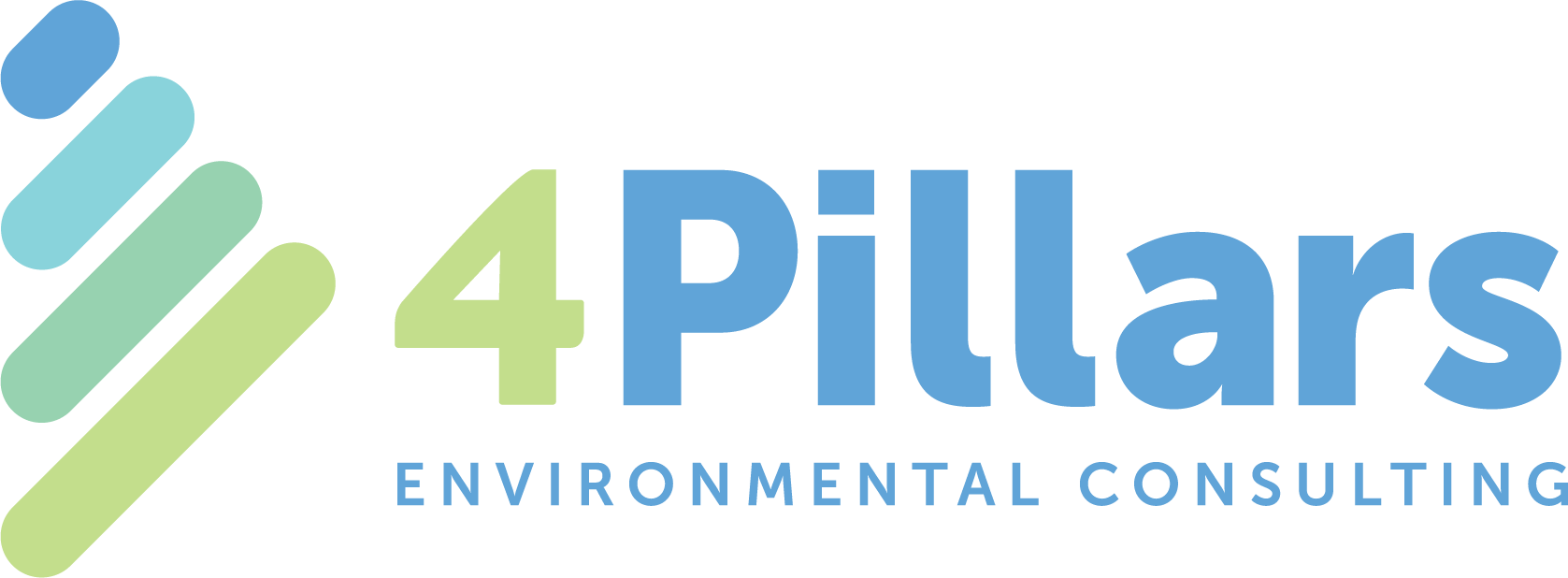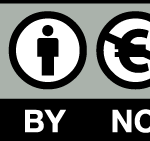G’day everyone! My name is Rhys and thank you for taking the time to read my blog post. From my educational background across environmental systems, environmental science and agriculture, all the way to my professional experiences, I was drawn to the waste industry, recycling, and environmental practice. It is this interest and passion that prompted me to attend workshops where, as fate would have it, I met James Hammond, the Director of 4Pillars. He told me about 4Pillars, its values and, particularly, its commitment to sustainability. This immediately resonated with me, and I wished to one day work for a similar company. Luckily enough, not long after I ended up working at the exact one!
To this day, two years on, I am still in awe of how 4Pillars practically, ethically, and consistently, engages with and foregrounds sustainability in their work. That is, 4Pillars aims to balance and negotiate the pillars of the environment, economy, society, and inter-generational equity to achieve sustainable development. In our previous blog posts, Gunnar & Ella Haid discussed the pillar of economy, and James Sonter pondered the environment.
Now it is my turn to provide some more insight into the pillar of society. Defining societal sustainability is a particular challenge. What even is ‘society’? Philosophers and scholars have been debating the very notion for hundreds of years. Also, at what scale should we discuss sustainability? Then there are more normative questions about society for who? Who is benefited or not within society? Framing these questions under the frameworks of ‘corporate sustainability’ or ‘ESG’ (Environmental, social, and governance) provide very different answers.
The difficulty in defining the society pillar is, arguably, because it is so tightly intertwined with all other pillars. Sustainable development has been defined as achieving social and economic improvement in a manner that protects the environment and supports equality. The economy, society and ecological systems are therefore mutually dependent. Thriving ecological communities are dependent on a diverse, equitable society which has its basic needs met.
Sustainability, in the context of society, covers how actions undertaken impact on people and communities. Under ESG, it refers to the formal and informal processes, systems, structures, and relationships that actively support the capacity of current and future generations to create healthy and liveable communities. This can include business decisions and considerations of transparency, community consultation, the cultures tied to the location of business activities, and the provision of jobs and services to diverse individuals or groups. Decisions can have both local and global impacts. Using manufacturing as an example, strong knowledge of a supply chain is important for social sustainability, as it ensures informed decisions can be undertaken, for instance, in relation to fair pay and safe working conditions.
Often, sustainability and the four pillars are considered from a corporate viewpoint, which in the case of the society pillar means ensuring that working conditions in the company reflect positive outcomes for employees, the local and global community. Employee-related sustainability initiatives include encouraging flexible working conditions, offering opportunities for learning and development, and improving the available benefits for maternity and paternity leave. The need for flexible working conditions became even more apparent during recent months, as many businesses (who were fortunate enough to have this as an option) were forced to rapidly transition to working-from-home arrangements due to the COVID-19 pandemic. While each employee’s workload may not necessarily have changed, the new working environment offered challenges that had to be overcome. These challenges included the physical separation of team members, feelings of isolation, and workspace/technology limitations. Additional support was required to ensure the mental health of team members.
4Pillars has taken significant efforts to support the team’s cohesion, reciprocity, honesty, and importance of relationships in these difficult times. We hold weekly video meetings to catch up which sometimes involve a bit of fancy dress up, and a monthly ‘Lunch ‘n’ Learn’ which allows team members to share a passion or area of knowledge with the rest of the team!
At the broader scale, for 4Pillars to uphold sustainability and environmental protection, we have made commitments to monitor the company’s impact, transparency, and degree of social responsibility. We are only one small piece in the bigger puzzle of social sustainability; but, it takes everyone working together to get real change and real outcomes on the scale of states, nations and the world.
Overall, socially sustainable communities are equitable, diverse, connected and democratic and provide a good quality of life. The state of the world right now would go to show that we are just not there yet, and the cost of this is ongoing societal and environmental degradation. Fortunately, the four pillars of sustainability provide a framework for achieving thriving, equitable and just societies.
4Pillars is dedicated to supporting it and we hope we can count on you to do the same!
This work is licensed under a Creative Commons Attribution-NonCommercial-NoDerivatives 4.0 International Licence.


